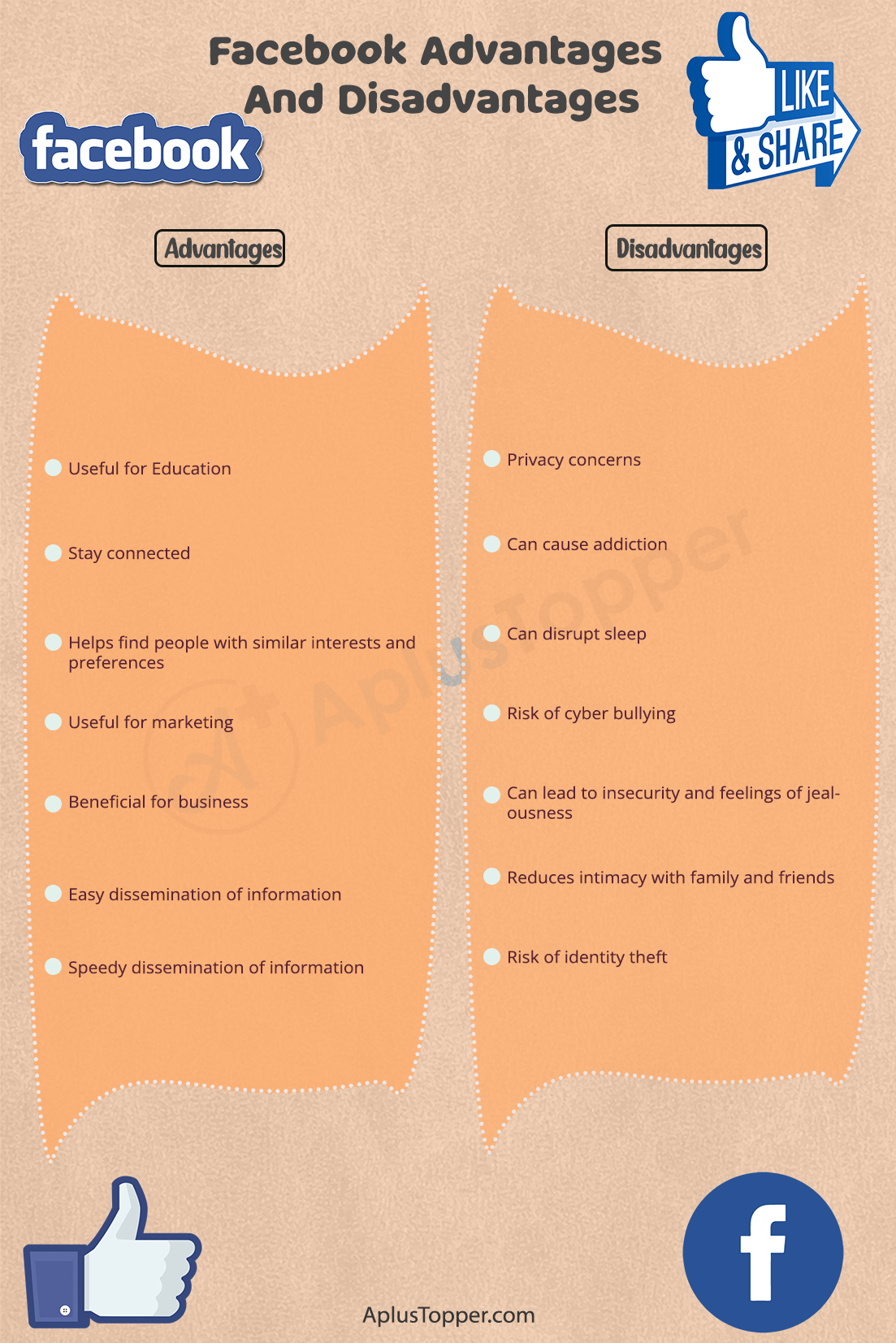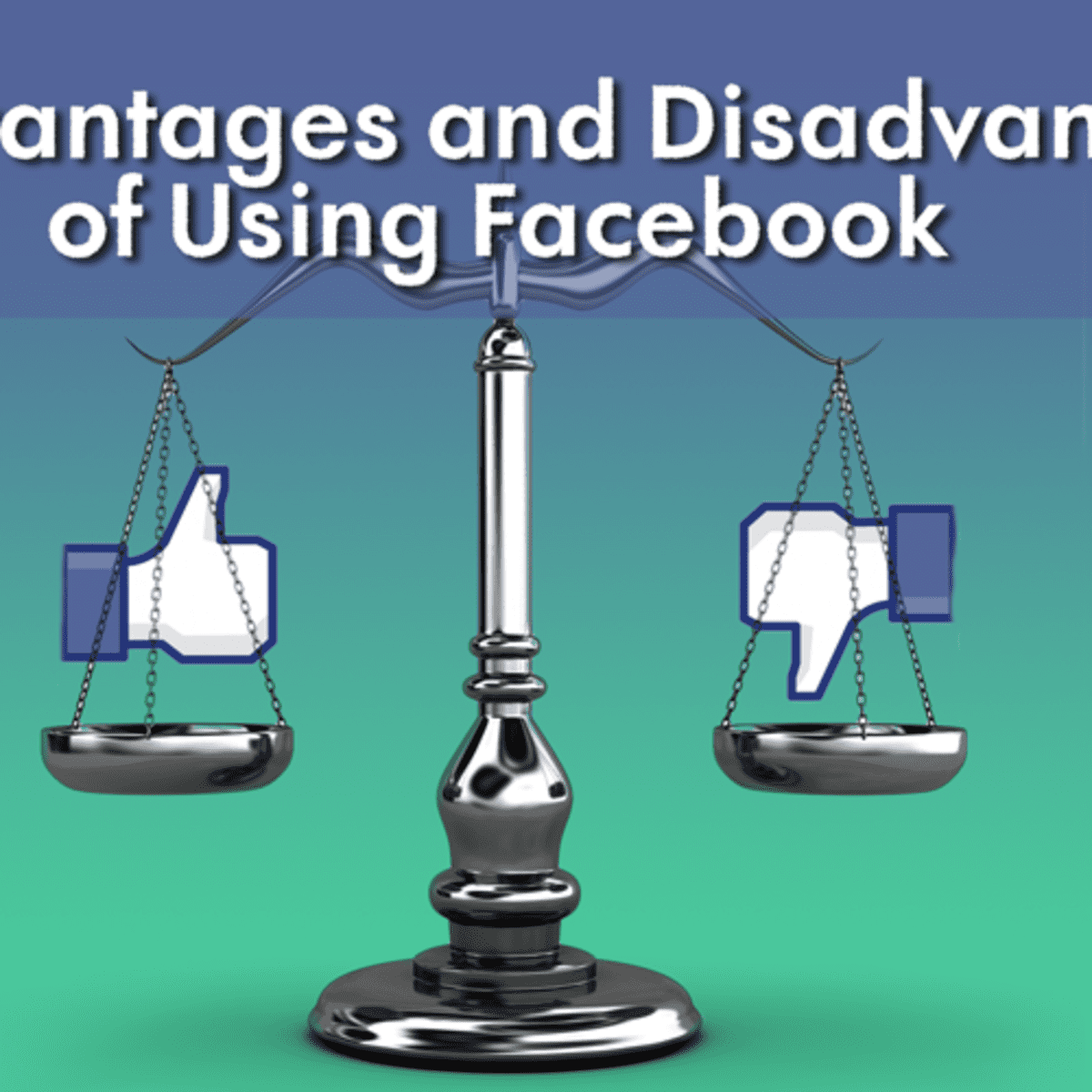Let’s face it — Facebook is everywhere. From scrolling your timeline to joining groups, it’s become a part of our daily routine. But is it all sunshine and smiles? Nope. While Facebook has some awesome perks, it also comes with downsides that are hard to ignore.
INDmoney vs Zerodha: Which Investment Platform Is Better in 2025?
Introduction
So, let’s break down the advantages and disadvantages of Facebook and help you understand how to use it wisely.
Advantages of Facebook
1. Connects You with the World
Facebook makes it ridiculously easy to stay in touch with friends, family, classmates, and even strangers across the globe. Whether it’s video calling or messaging, it bridges distances instantly.
2. Powerful Marketing Tool
If you’re a business owner or a creator, Facebook is a goldmine. With ads, pages, and groups, you can reach thousands — even millions — of potential customers.
3. Access to News and Trends
Facebook helps you stay updated with current events. From viral memes to breaking news, everything hits your feed almost in real-time.
4. Business and Brand Growth
Startups, influencers, and even side hustlers use Facebook to build their brands. Pages, reviews, and community engagement make it a great platform for growth.
5. Event and Group Features
Want to attend a tech webinar? Or find a group of like-minded pet lovers? Facebook Events and Groups are perfect for discovering and building communities.
6. Free and Easy to Use
The best part? It’s free. With a simple interface, even non-tech-savvy people can navigate Facebook with ease.

Disadvantages of Facebook
1. Privacy Concerns
Let’s be honest — Facebook doesn’t have the best reputation when it comes to privacy. Your data might be shared or even sold without you knowing.
2. Addiction and Time Wastage
Ever opened Facebook for 5 minutes and ended up wasting hours? It’s designed to keep you hooked — and it works too well.
3. Cyberbullying and Harassment
Unfortunately, Facebook is also a playground for trolls. Cyberbullying, hate speech, and harassment are still ongoing issues.
4. Misinformation and Fake News
Fake news spreads faster than facts. Facebook has been under fire for being a hub for misinformation, especially during elections or crises.
5. Data Misuse and Tracking
Facebook tracks what you like, click, and browse. That’s how they target ads so well — sometimes too well.
6. Decline in Real-Life Interaction
Let’s not forget — while we’re busy liking posts, we’re missing out on real-life conversations. Overuse of Facebook can reduce face-to-face social interactions.

Tips to Use Facebook Wisely
1. Limit Usage Time
Set screen time limits or use apps that monitor usage. Your time is valuable — don’t give it all to Facebook.
2. Adjust Privacy Settings
Go to settings and make sure only people you trust can see your info. Keep your profile secure.
3. Avoid Sharing Sensitive Information
Don’t post your address, phone number, or other personal details. You never know who’s watching.
4. Follow Trusted Sources Only
When it comes to news or advice, stick to verified and trusted pages. Don’t fall for clickbait.
Conclusion
So, is Facebook good or bad? Well, it’s both. It depends on how you use it. Like any tool, Facebook can be amazing when used responsibly — and a disaster when used carelessly. Stay smart, stay safe, and use Facebook for what it does best: connecting, informing, and empowering you.

FAQs
1. Is Facebook still popular in 2025?
Yes, Facebook remains one of the top social media platforms worldwide, especially for users aged 25 and up.
2. Can Facebook really harm mental health?
Overuse or exposure to negative content can affect mental well-being. Moderation is key.
3. Is Facebook safe for teenagers?
It can be, but parental guidance and privacy settings are essential to protect young users.
4. How can I avoid fake news on Facebook?
Follow only verified sources and check facts before believing or sharing anything.
5. Does Facebook sell my personal data?
While Facebook claims to protect user data, its ad system uses your behavior for targeted marketing, which raises privacy concerns.